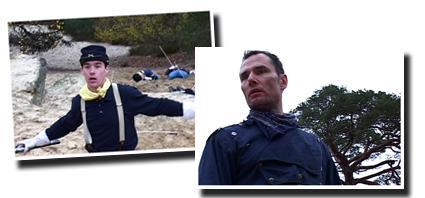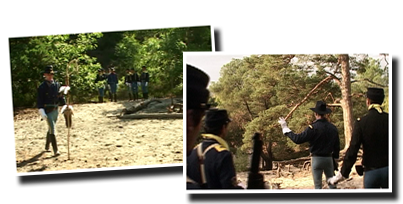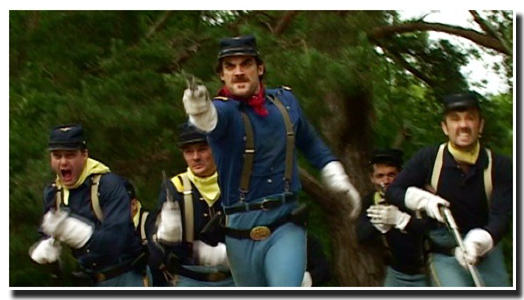|
|
|
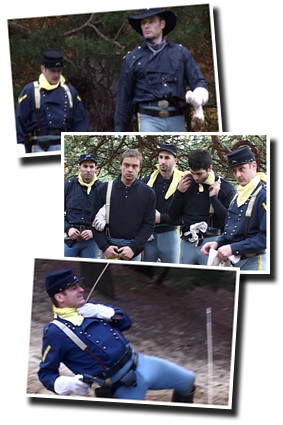 |
To join their camp, some soldiers of the Cavalry must cross the territory of the Indians whom they fight.
During a surprised attack, all the troop will be decimated in a few seconds. Only the captain of the squad, major Bates, will survive.
|
|
Later, Bates take the command of a new soldiers troop. The long walk which he imposes to his men affects his authority and moral troops. Gradually, the tension becomes real between Bates and his first lieutenant. Lieutenant Dickson, young graduate of the military academy, will have to choose soon between his duty and his own convictions.
|
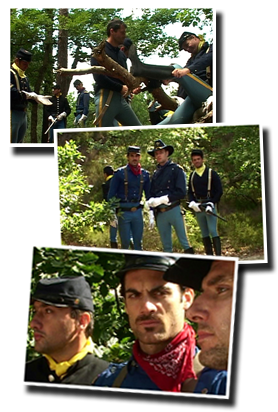 |
In front of the Indian's sacred territory, |
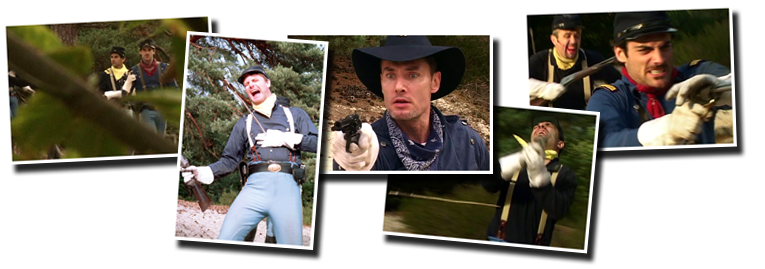
|
Consequently, the confrontation is inescapable. Bates is prepared to do anything ! But when he will look the Indians full in the face, |
Intention Notes |
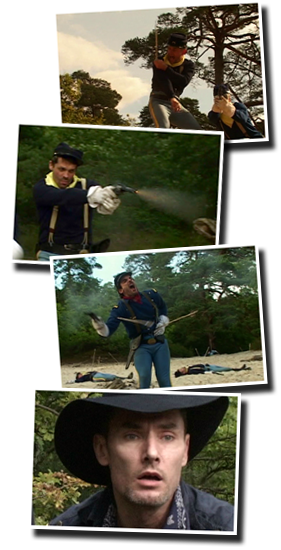 |

